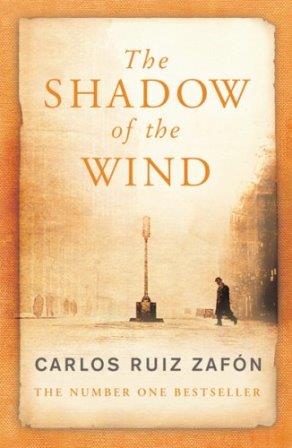
If you could make yourself smarter, would you?
What if your only option to achieve this was by allowing doctors to operate on your brain? And what if those same doctors openly admitted that this was an experimental technique and might not work?
What might the consequences be, for your health, your sense of self worth and your relationships? Could the outcomes match your previous expectations? Charlie Gordon decides to find out in Daniel Keyes’ popular and beautifully written novel, ‘Flowers for Algernon’.
What’s it about?
Charlie Gordon, IQ 68, is a floor sweeper, and the gentle butt of everyone’s jokes, until an experiment in the enhancement of human intelligence turns him into a genius. But then Algernon, the mouse whose triumphal experimental transformation preceded his fades and dies, and Charlie has to face the possibility that his salvation was only temporary.
What’s it like?
Beautiful. Sad. Optimistic. Charlie’s naivety, his desire to please and his determination to get smarter combine to create a deeply sympathetic character, whose subsequent intellectual development swiftly outpaces his emotional understanding.
Charlie’s increasing “intelligence” can first be seen in his abrupt change in attitude towards Algernon, the experimental mouse whose maze completing abilities Charlie initially admires:
‘I dint feel bad because I watched Algernon and I lernd how to finish the amaze even if it takes me along time. I dint know mice were so smart.’
One week after his operation, Charlie’s relaxed appreciation of his newfound ability to complete the maze at all – and his admiration of Algernon’s skill – has been completely destroyed by his new understanding of his own relative incompetence:
‘I hate that mouse. He always beets me…Those amazes are stooped.’
It’s clear that the outcome of the operation might not be entirely as Charlie anticipated, (‘If your smart you can have lots of frends to talk to and you never get lonley by yourself all the time’.) but his subsequent intellectual trajectory and the impact on his relationships as he struggles to understand the people around him is fascinating. Ultimately, although Keyes does a convincing job of narrating Charlie’s intellectual changes through the changes in his written record, Charlie’s emotional development is where the real interest lies for readers. I defy anyone not to have shed a tear by the end.
Final thoughts
The events of this thoughtful book take place over just nine months but the emotions it provokes are likely to linger much longer.
Recommended.


